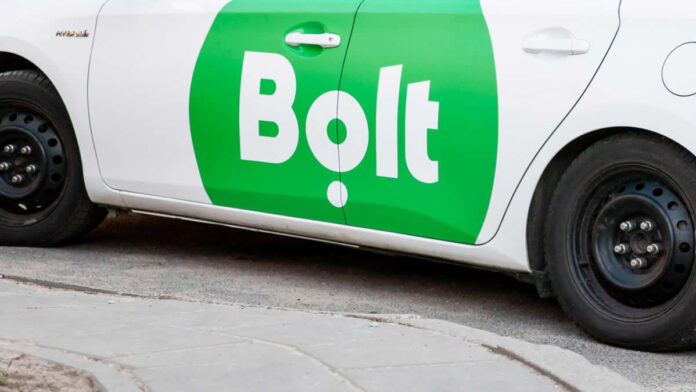It was in July 2022 that the commission that digital taxi-hailing apps could charge drivers was reduced by the government from 25 percent to 18 percent. However, this was still not enough for the drivers who consequently called for a countrywide strike on Monday to protest against the working conditions.
The drivers, through the Ride-hail Transport Association, have been demanding to be included in the pricing decision. According to drivers, they bear most of the operational costs, which emanate from insurance, fueling, and parking. Its secretary-general, Zakaria Mwangi, warned that drivers may choose unorthodox ways to come up with prices if their demands were not met.
Drivers could initiate direct disclosure to passengers and impose some general agreement in the pricing of the extra fee for trips, especially to those who would not be willing to pay this extra fee; no one would carry them, added Mwangi.
In reaction, Bolt said it was interested in having conversations with driver-partners so that the company grows and progresses together with them. The company stated how drivers are supported online and physically for their success.
Mwangi who is one of the drivers says 80 to 90 percent of operation cost is spent by drivers, while these one-way app companies unilaterally set the prices for the trip—nothing on their share of expenses. At the same time, he termed the price model as inequitable, unsustainable, and throttling, since price-setters are out of touch with the pains of a driver.
Although drivers had initially lauded the commission cap by the Ministry of Transport and Infrastructure in July 2022, they feel that this was not enough to ease their financial struggles. The Digital Taxi Forum had petitioned Parliament to reduce commissions to a maximum of five percent way back in 2020.

